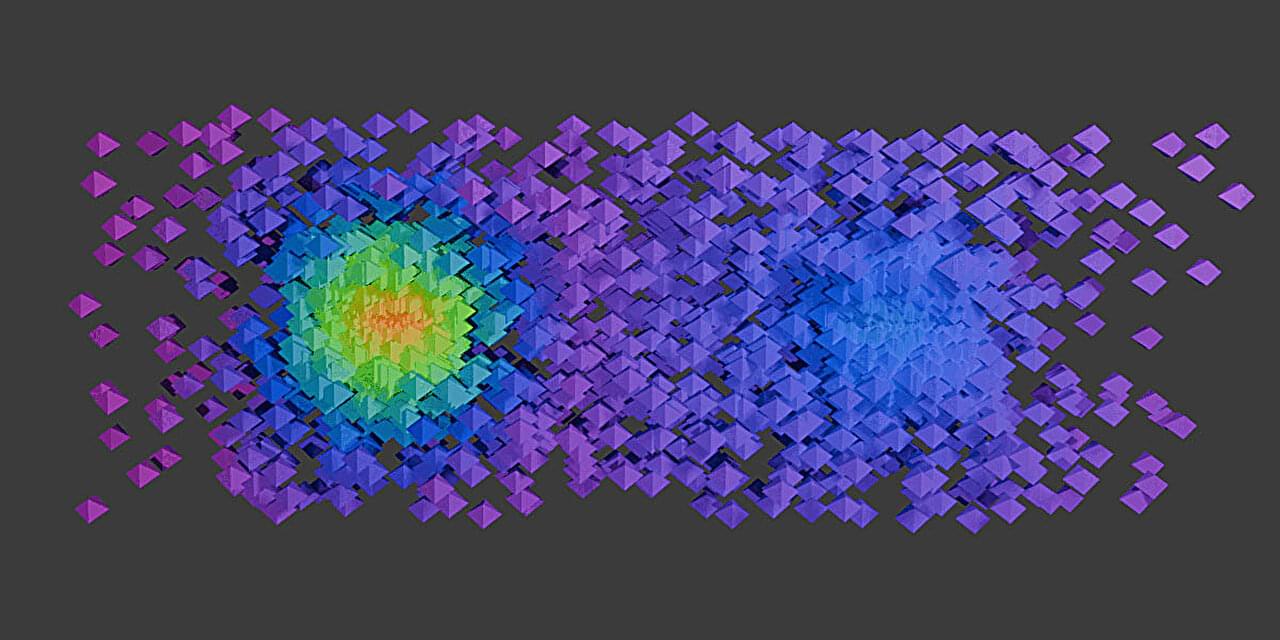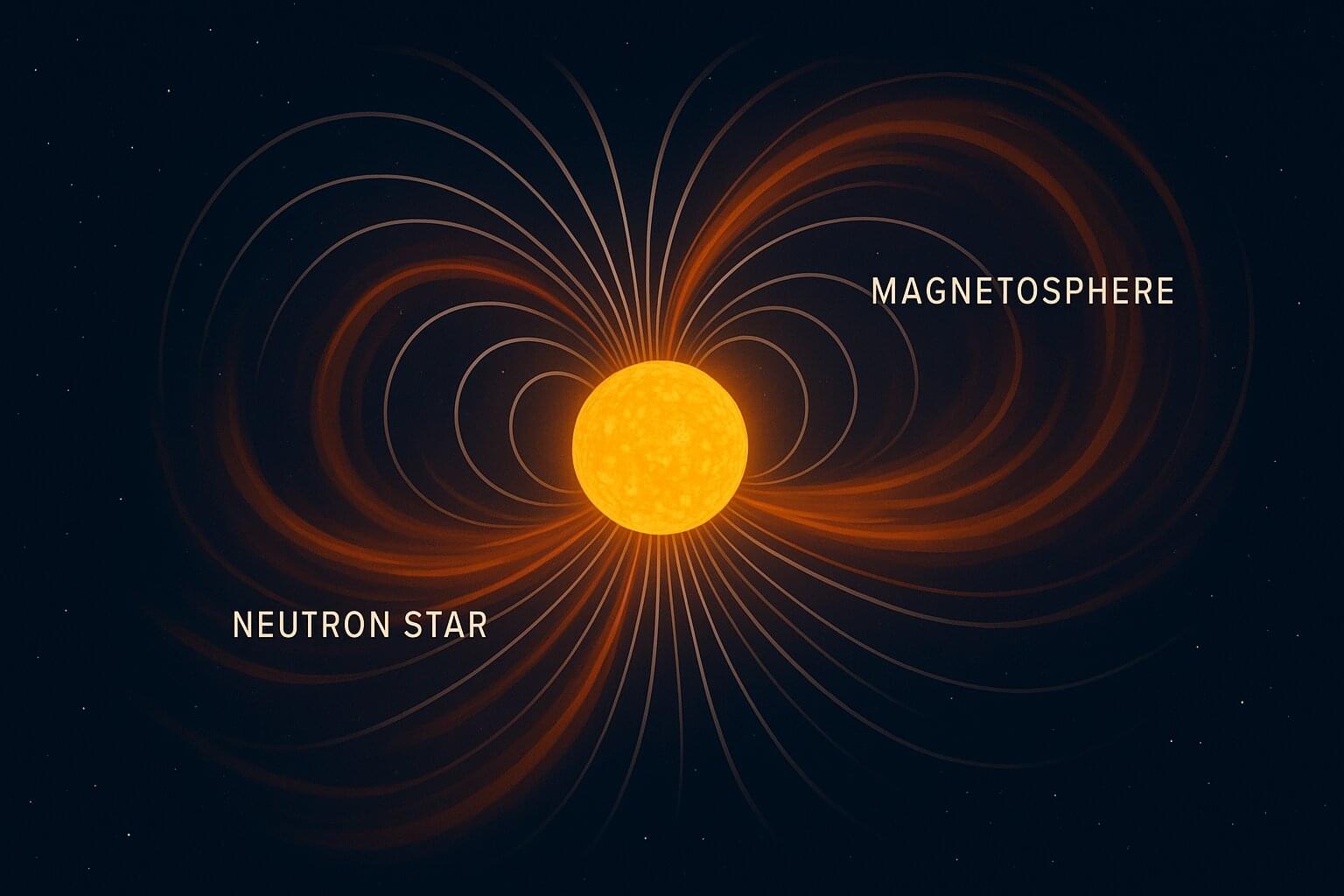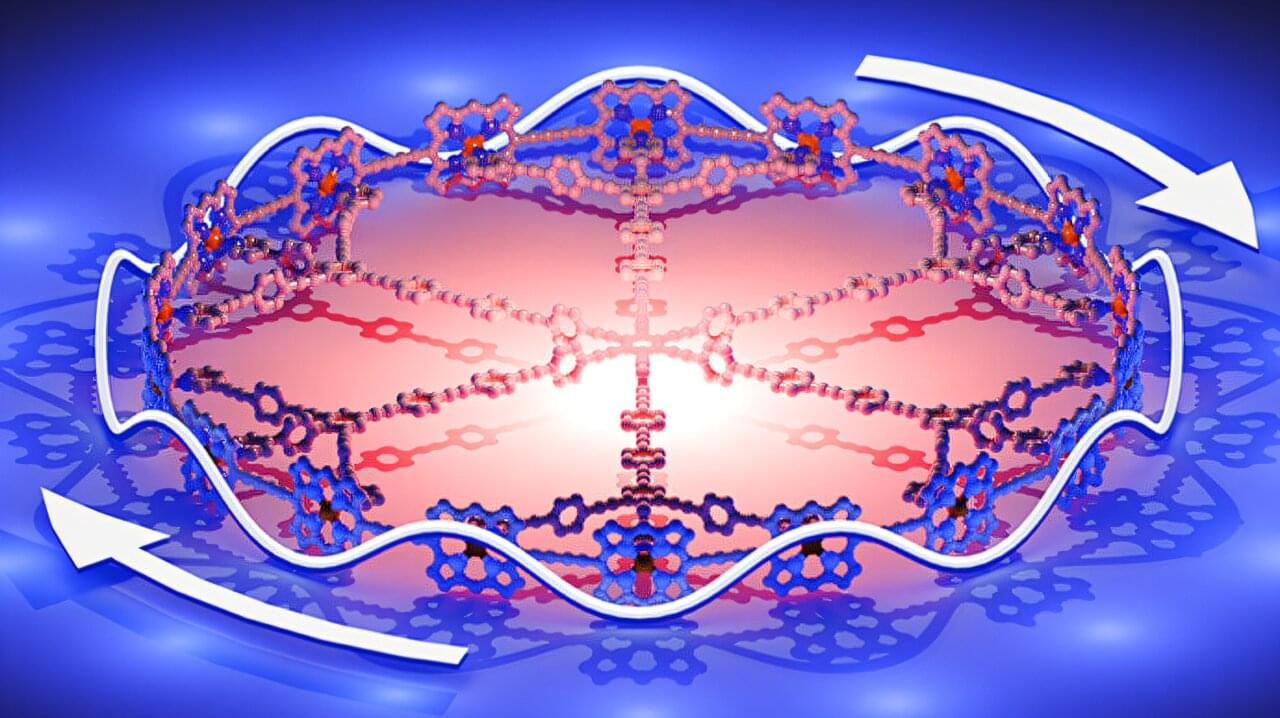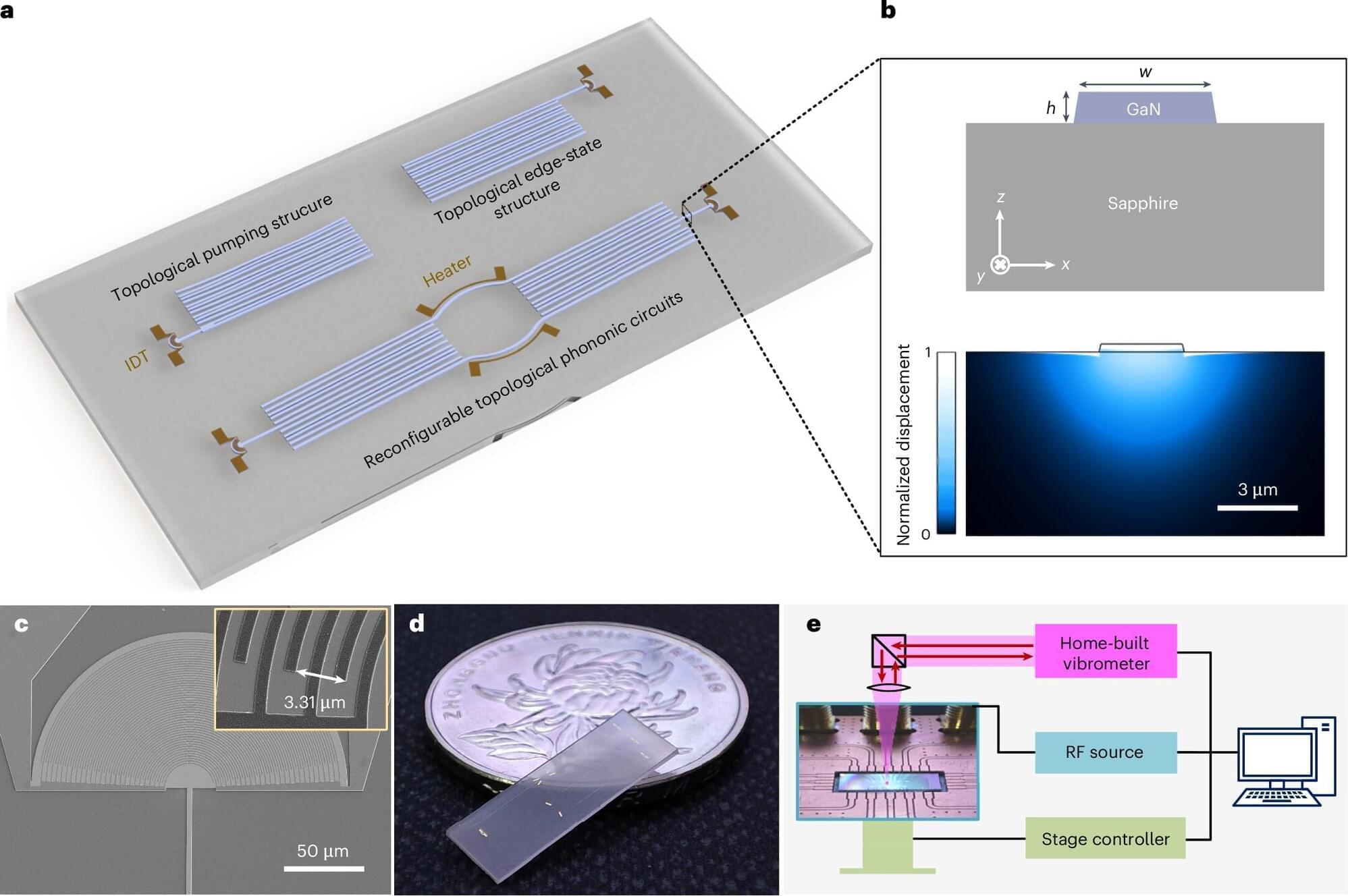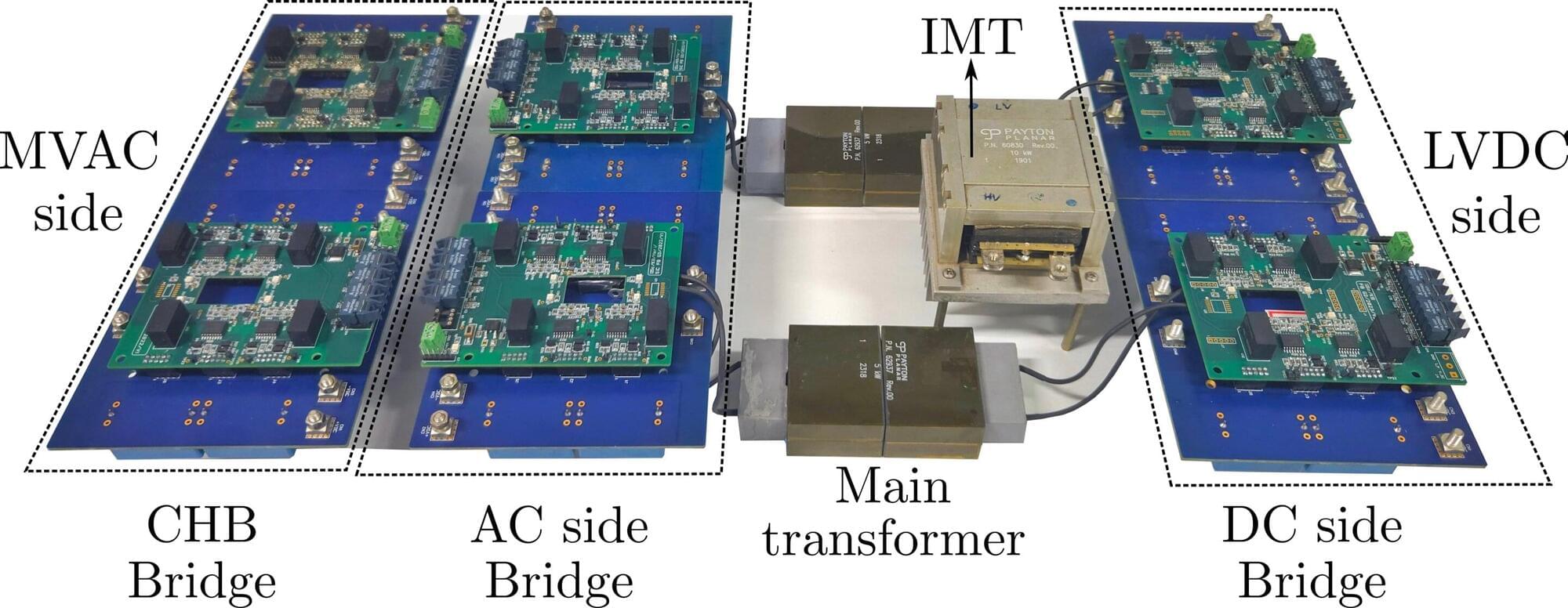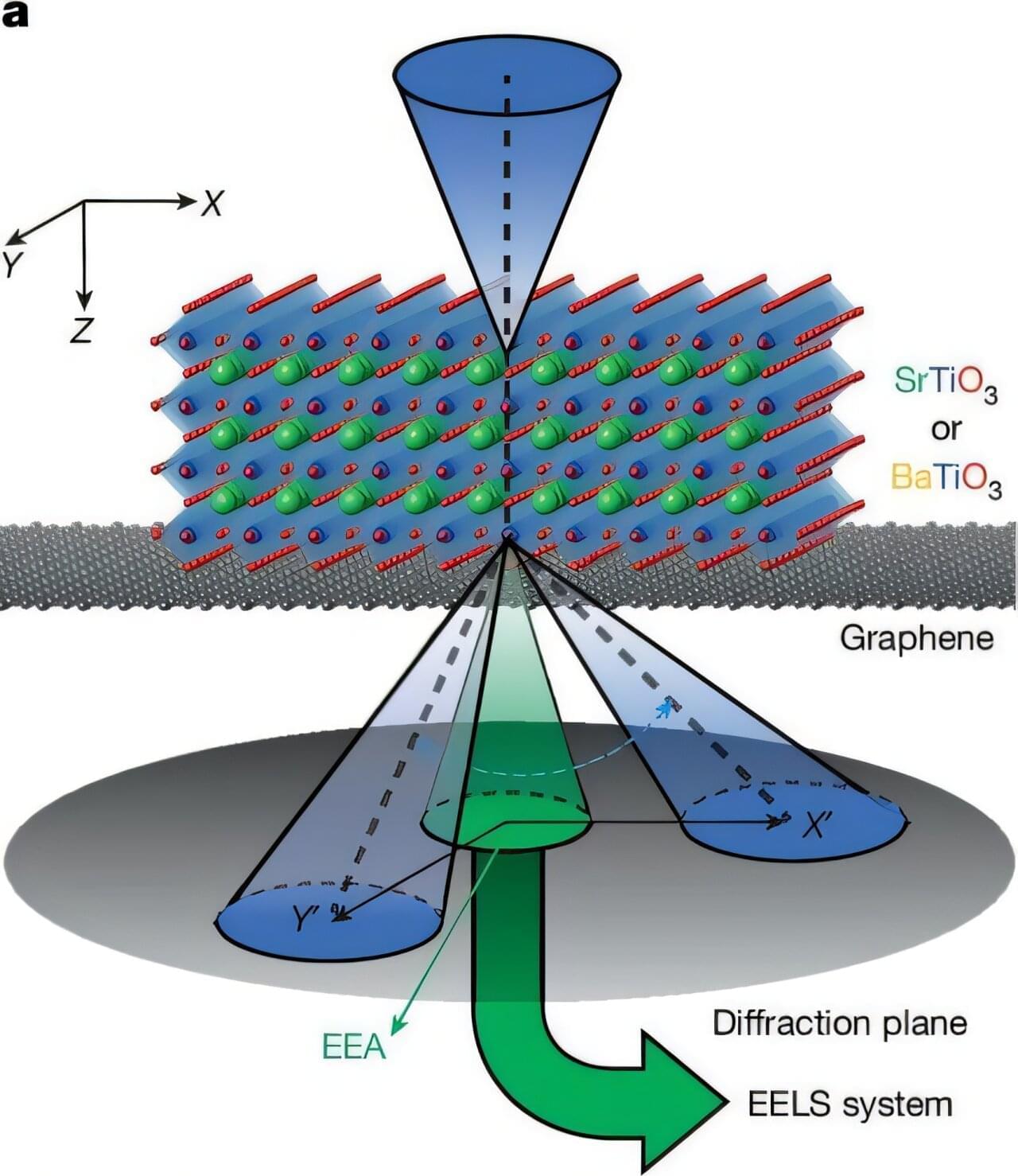A new trick for modeling molecules with quantum accuracy takes a step toward revealing the equation at the center of a popular simulation approach, which is used in fundamental chemistry and materials science studies.
The effort to understand materials and chemical reactions eats up roughly a third of national lab supercomputer time in the U.S. The gold standard for accuracy is the quantum many-body problem, which can tell you what’s happening at the level of individual electrons. This is the key to chemical and material behaviors as electrons are responsible for chemical reactivity and bonds, electrical properties and more. However, quantum many-body calculations are so difficult that scientists can only use them to calculate atoms and molecules with a handful of electrons at a time.
Density functional theory, or DFT, is easier—the computing resources needed for its calculations scale with the number of electrons cubed, rather than rising exponentially with each new electron. Instead of following each individual electron, this theory calculates electron densities—where the electrons are most likely to be located in space. In this way, it can be used to simulate the behavior of many hundreds of atoms.
